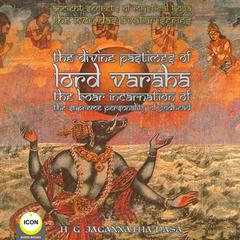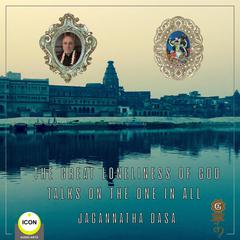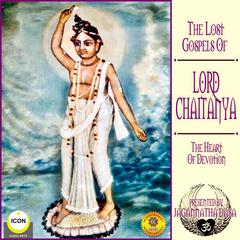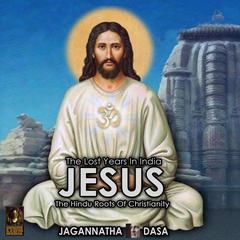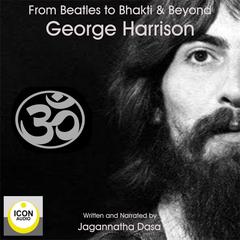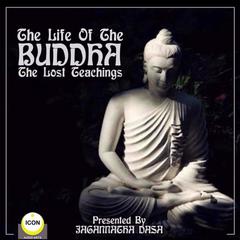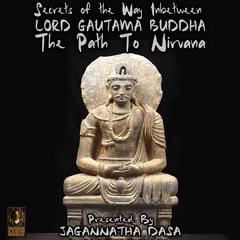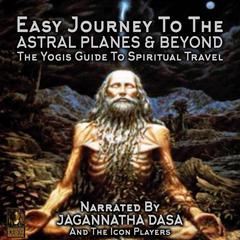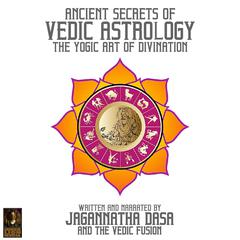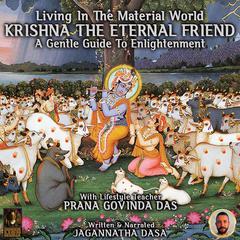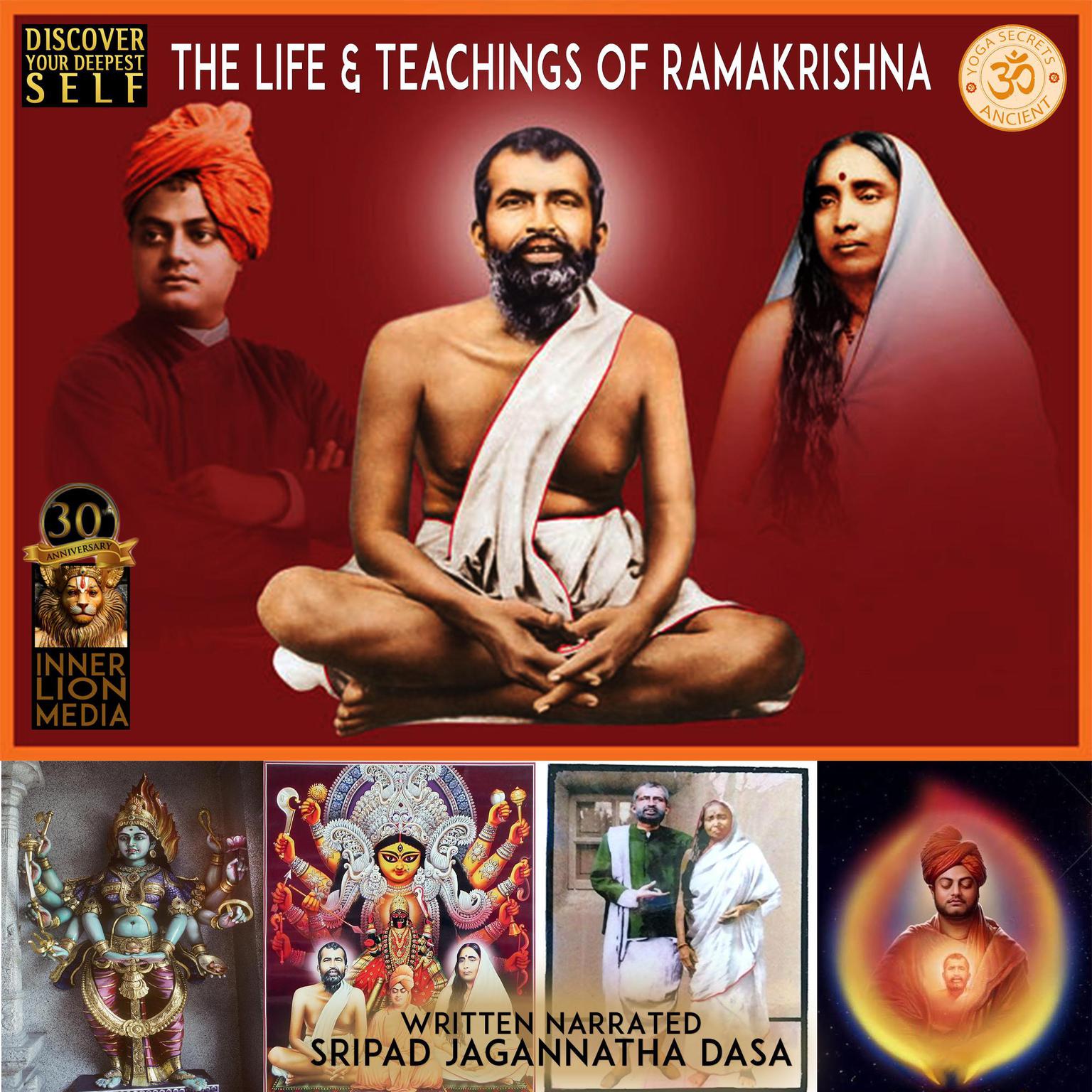 Play Audiobook Sample
Play Audiobook Sample
The Life & Teachings Of Ramakrishna Audiobook
 Play Audiobook Sample
Play Audiobook Sample
Quick Stats About this Audiobook
Total Audiobook Chapters:
Longest Chapter Length:
Shortest Chapter Length:
Average Chapter Length:
Audiobooks by this Author:
Publisher Description
"God is in all men, but all men are not in God; that is why we suffer." Ramakrishna "There is no treasure equal to contentment and no virtue equal to fortitude." Sarada Devi "You cannot believe in God until you believe in yourself." Swami Vivekananda Ramakrishna was an Indian Hindu mystic and religious leader, who lived in 19th-century Bengal. Ramakrishna approached his religious life through the path of devotion to the Goddess Kali, and by observance of various elements from Tantra, Vaishnav Bhakti, and Advaita Vedanta, as well as dalliances with Christianity and Islam. After earnest practice of various religious traditions, he held that the world's religions represented "so many paths to reach one and the same goal". His followers came to regard him as a divine incarnation, as did some of the prominent scholars of his day. Ramakrishna started his spiritual journey as a priest at the Dakshineshwar Kali Temple. Soon his mystical temperament gained him widespread acknowledgement amongst the general public attracting to him various religious teachers, social leaders, Bengali elites, and common people alike; he eventually taught his disciples, who later formed the monastic Ramakrishna Order. After his death, his chief disciple Swami Vivekananda popularized his ideas, and founded the Ramakrishna Math, which provides spiritual training for monastics and householder devotees, and the Ramakrishna Mission, to provide charity, social work and education. Sarada Devi was the wife of Ramakrishna. Devi is also reverentially addressed as the Holy Mother by the followers of the Sri Ramakrishna monastic order. She played an important role in the growth of the Ramakrishna Movement. Devi was born in Joyrambati, a village in present-day Bankura District in the state of West Bengal, India. She was married to Ramakrishna when she was only six years old while Ramakrishna was 23 years old. After the marriage, Sarada mostly stayed at Jayrambati
Download and start listening now!
The Life & Teachings Of Ramakrishna Listener Reviews
Be the first to write a review about this audiobook!






